
Tolkien Against the Grain
The Lord of the Rings is a book obsessed with ruins, bloodlines, and the divine right of aristocrats. Why are so many on the left able to love it?


The Lord of the Rings is a book obsessed with ruins, bloodlines, and the divine right of aristocrats. Why are so many on the left able to love it?
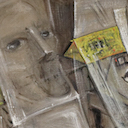
The Romanian writer Mircea Cărtărescu boasts a long, international-award-winning bibliography of poetry and prose. Yet in his fiction, he often speaks through narrators hostile to publication and recognition.
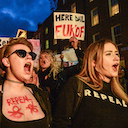
In Sally Rooney’s latest novel, class struggle is presented as just one more thing to be debated.
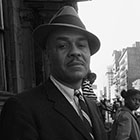
In the era of global capitalism, imagining the lives of others is a crucial form of solidarity.
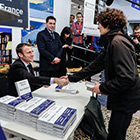
Emmanuel Macron’s recent eight-hour debate with dozens of academics follows a long line of French leaders who champion intellectual discourse. But you can’t read your way out of a crisis.

In his monumental novel, Berlin Alexanderplatz, psychiatrist and aesthetic contrarian Alfred Döblin captured the Weimar Berlin that he knew from his patients.

Imagining a low-carbon world means revisiting our conception of freedom itself.
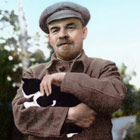
In his survey of the writing of dictators, Daniel Kalder is so dismissive of the tyrants’ actual ideas that it becomes difficult to understand why they had any power in the first place.

In her short stories, Ottessa Moshfegh chronicles downward mobility on the part of the privileged—and in so doing exposes their unfitness to rule, if not to exist.

Set on and around the New York City waterfront, Jennifer Egan’s new novel Manhattan Beach offers a feminism suited to the “lean in” age.
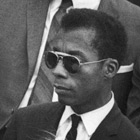
I Am Not Your Negro shows how James Baldwin became disillusioned about the possibility of any peaceful resolution to racism, but underplays the force of his internationalist and anti-capitalist perspective.
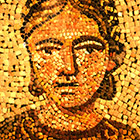
A new collection of Elena Ferrante’s correspondence and interviews illuminates how Ferrante pulled away from a male-dominated tradition to define her own genre of popular feminist literature.
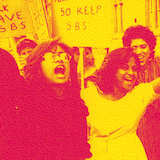
Join us on Thursday, October 6 for an evening of short readings from our Fall issue.
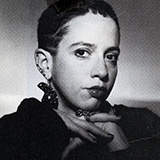
Can affect theory help us understand our contemporary unease—and express our dreams for the future—without becoming a stand-in for the slow, hard work of politics?
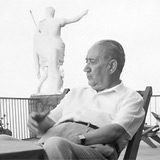
Ignazio Silone’s 1936 classic served as a moral compass to a generation of U.S. leftists seeking alternatives both to capitalism and to Soviet-style communism.